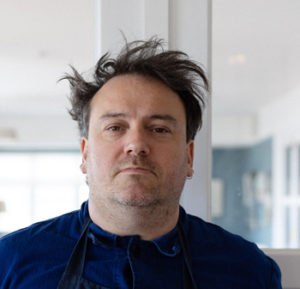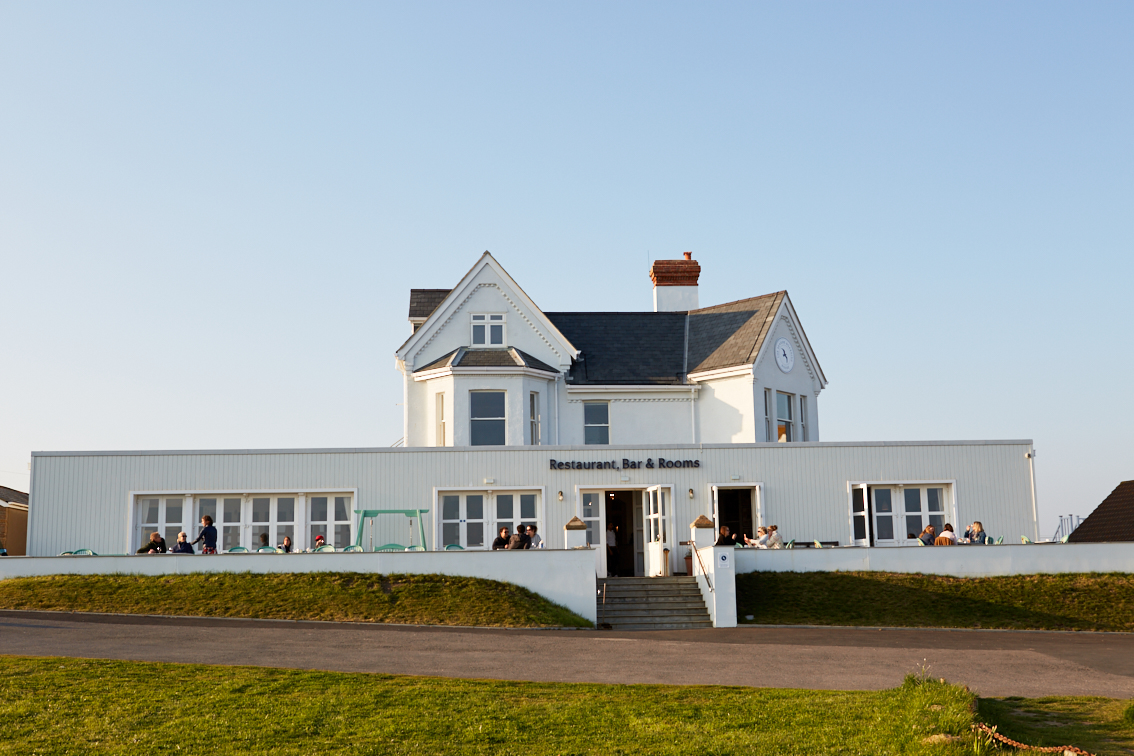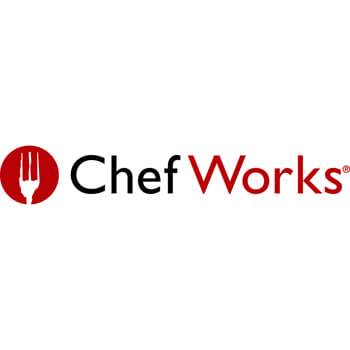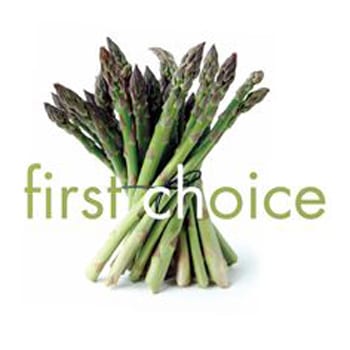Chef of the Week: Seldon Curry, Seaside Boarding House in Dorset

How long have you worked at your current restaurant?
I started at the Seaside Boarding House in December 2019, but a reasonable chunk of that time has been waylaid by a pandemic.
Where did your passion for cooking come from and where did you learn your skills?
I loved restaurants from a very young age, loved the excitement and anticipation of going out to be fed, even though I am fairly certain my early dining experiences wouldn’t have been any more adventurous than chicken liver parfait or prawn cocktail. Both dishes I still love. My passion was wanting to be part of that experience for guests who you are cooking for. I also spent a lot of time with my grandmother growing up and lot of that time was spent baking and she was incredibly indulgent of my increasingly outlandish attempts.
My first taste of the industry was working as a kitchen porter in a hotel and even though it wasn’t a particularly forward thinking kitchen (the head chef threw pans around and addressed everybody younger than him as ‘verge’ as in virgin) I still was transfixed by the buzz of the service. I first cooked at a local seafood pub with a lovely chef who had been on the QE2 for years and was very generous with his knowledge.
What do you enjoy most about being a chef?
Two things; that great feeling everyone has when you complete a busy service and nothing too disastrous has happened. I also love watching the seasons changing the produce coming through the door throughout the year, although ‘cooking seasonally’ is not anything more than sensible industry standard these days it is a joy to see the ingredients change through the year.
Name three ingredients you couldn’t cook without.
Hard to avoid either being cliché or wilfully obscure here so… anchovy, lemon and egg, perhaps not together.
Which piece of kitchen equipment couldn’t you live without?
Thermomix. I was loathed to get one at first as I thought it might mean I was less of a ‘proper chef’ but like so many of those things once you have one you don’t look back, they seem a little more fragile than they used to be but they are incredible.
What food trends are you spotting at the moment?
Nose-to-tail fish treatments or ‘Seacuterie’ Josh Nilands book has changed the game, we have been doing monkish pastrami here. Corn ribs. premium gluten free offerings. Celeriac schwarma. Guanciale. Even more focus on provenance and sustainability. Bycatch to be something seen on menus. Probably some previously unused obscure grain that gets its season in the sun with some chic brand endorsement.
What do you think is a common mistake that lets chefs down?
Not dining out. It astonishes me that some chefs don’t. I know we are all busy but I think that experiencing the other side of it is crucial. Also you get so much more inspiration from eating at great places then from pictures on Instagram.
What is your favourite time of year for food, and why?
Winter/autumn for ceps, game birds and native oysters. These are a few of my favourite things.
Which of your dishes are you most proud of?
When I worked for Mark Hix I did the ‘Cobb egg’ which is a smoked haddock rather then pork. I have in later years jazzed it up with a curry sauce. Not exactly ground breaking I admit but it was great as a young chef to make a dish into one of Mark’s books. We make an excellent fish soup at the boarding house that has a lot of love and care put into it.
How do you come up with new dishes?
I am not even sure there is such thing as a new dish, most originality is a riff on a classic. More often than not it will be seeing amazing produce and taking it from there. We have just made a dish with mackerel cured in oyster juice and a broth made from smoking the bones briefly and braising the smoked bones. When I was younger it was always said you cant use oily fish to create sauces/soups and wouldn’t have attempted it if we didn’t have such spanking fresh mackerel and were at the same time in discussion about buying a wood fired grill for the kitchen.
Who was your greatest influence?
Mark Hix, I think its true to say that you can spot a menu from a chef that has crewed the good ship Hix. The glorious simplicity of the plates, great ingredients and there are ways of operating/ techniques I learned that I will never do any other way now.
Tell us four chefs you admire
Shaun Hill, Ruth Rogers, Skye Gyngell and Nathan Outlaw.
What is your favourite cookbook?
Nose to tail by Fergus Henderson. It is kind of an origin story for a whole genre of British cooking that followed. So much influence, not just in the bone marrow but in aesthetics, food photography, how tables are set, menus are written.
Who do you think are the chefs to watch over the next few months?
I am not really in the loop for what is hot or not but I would like to go to Elizabeth Haigh’s Mei Mei, Anna Haugh’s Myrtle and its not new but Jan (Ostle) and crew are doing amazing things at Wilsons in Bristol and I am excited to go to Josh Eggletons North Street Pony. Its is my ideal food, unpretentious and bistro in style but cooked by chefs with amazing CVs.
What’s been your favourite new restaurant opening of the last year?
I know its not technically last year but as the world stopped to a global pandemic we can let it slide. I loved Osip in Bruton, organic, natural, confident food.












